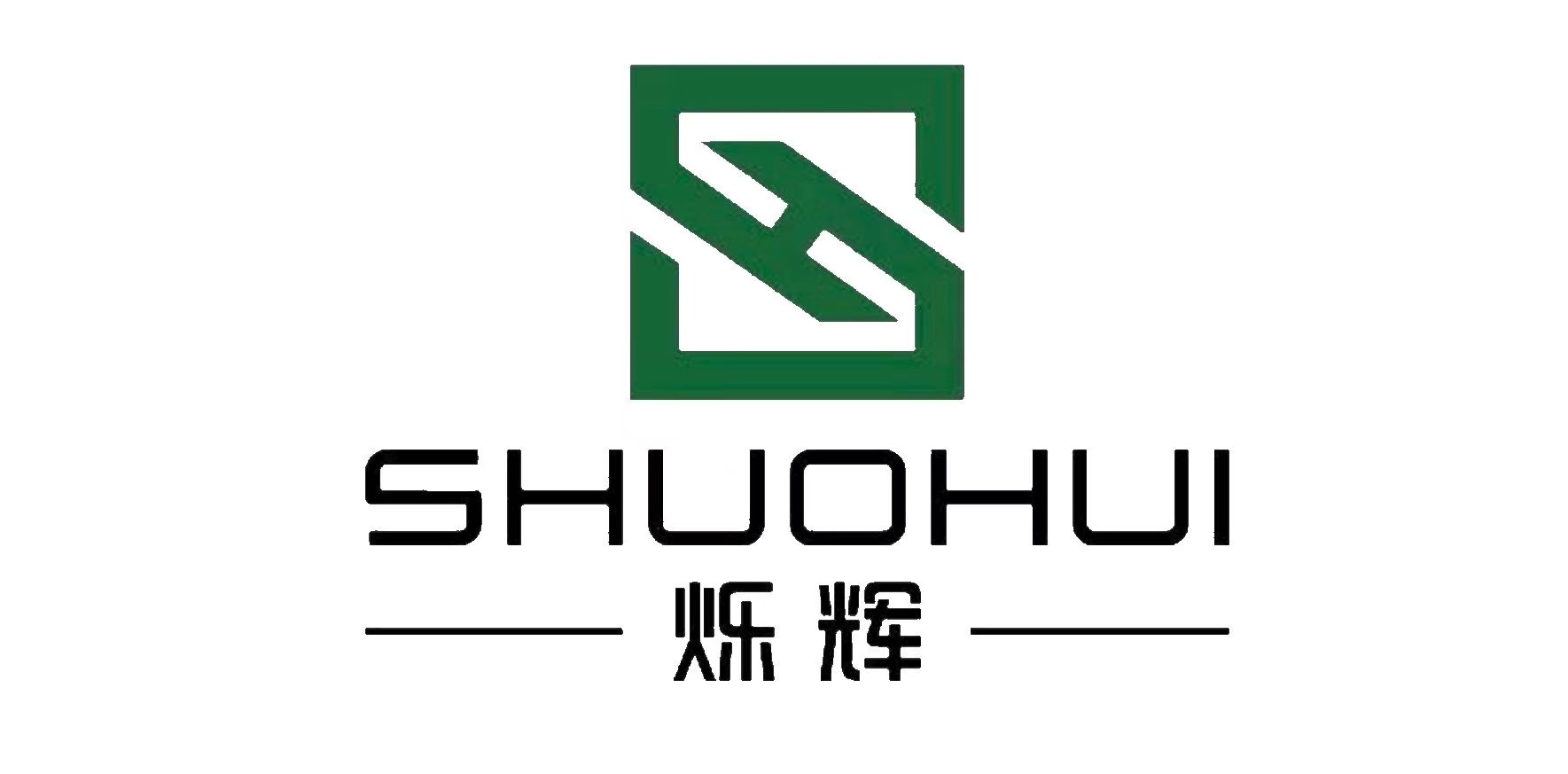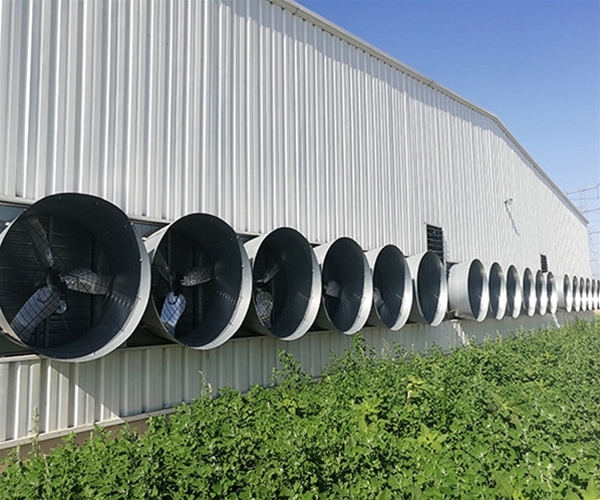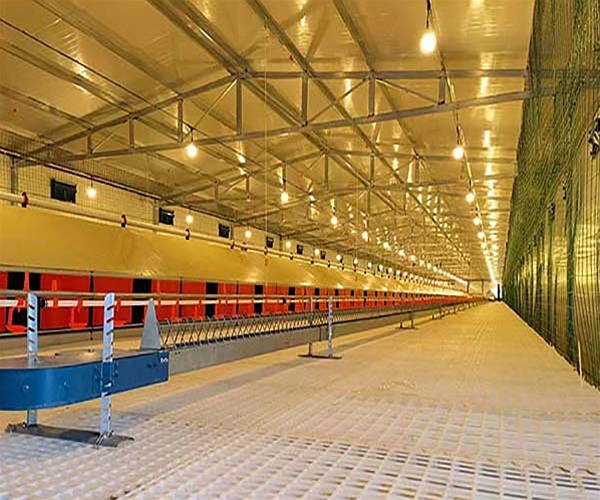The smart farming market is rapidly emerging, and with technology advancing rapidly, various industries, including agriculture, are undergoing significant transformations. Smart farming has emerged as a revolutionary trend, especially in the egg chicken farming sector, where intelligent technologies are replacing traditional farming methods. This blog explores how smart farming is reshaping the egg production process, improving efficiency, and boosting sustainability.
Smart Farming Market: The Intelligent Upgrade of Traditional Farming
In traditional egg chicken farming, farmers invest significant time and labor for daily tasks, such as feeding, egg collection, and waste management. These tasks often lead to inefficiencies and errors, affecting overall productivity. But today, smart farming technologies are changing the game. Farms are now equipped with automated systems that help manage the daily operations, greatly reducing the need for manual labor.
Chickens are no longer housed in basic coops. In smart farming, they are placed in temperature-controlled environments that optimize their living conditions. With smart temperature control systems, farmers can regulate temperature, humidity, and airflow in real-time, ensuring chickens are comfortable and productive. Additionally, various automation systems—such as feeding, watering, and waste removal—are integrated, allowing for a streamlined and efficient operation.
This intelligent management system enhances farming productivity and quality. Not only does it improve the living conditions of the chickens, but it also boosts egg production and ensures the eggs are of higher quality.
Improving Efficiency and Quality with Smart Technology
Previously, farmers relied on visual checks to monitor the health of chickens, which is time-consuming and prone to errors. Today, intelligent inspection robots have revolutionized this process. These robots monitor chickens’ behavior and health metrics in real-time, making it easier to detect issues like illness early. For example, if a chicken’s body temperature deviates from the norm, the system sends an alert for immediate action. This proactive approach prevents the spread of disease and ensures the entire flock remains healthy.
Additionally, smart feeding systems automatically adjust the feed given to each chicken based on its weight and age, ensuring proper nutrition and reducing waste. Similarly, the smart watering system ensures chickens always have access to clean water, preventing health problems caused by contaminated water.
The Power of Automation in Smart Farming Market
A key characteristic of smart farming is its high level of automation. Modern farms use automatic feeding, automatic watering, automatic egg collection, automatic waste removal, and environmental control systems, all integrated into one seamless system. This automation reduces labor costs and increases operational efficiency.
The automatic feeding system dispenses the right amount of feed based on the flock’s needs. This not only minimizes waste but also ensures that all chickens receive adequate nourishment. The automatic watering system ensures a steady supply of clean water, which is crucial for preventing health problems and boosting production.
As soon as an egg is laid, the automatic egg collection system ensures it is quickly collected and safely transported to a storage area. This reduces the risk of broken eggs and saves time. Additionally, the automatic waste removal system regularly cleans the coop, maintaining a clean environment. Manure can even be used as organic fertilizer, further promoting sustainability.
The intelligent temperature control system monitors and adjusts environmental factors like temperature and humidity to ensure chickens are in a comfortable environment. This reduces stress on the chickens and leads to higher egg production. The system adjusts automatically based on external weather, ensuring a consistent and optimal indoor climate.
Promoting Sustainability Through Smart Farming Market
Smart farming not only improves operational efficiency but also promotes sustainable practices. By reducing the reliance on manual labor and optimizing resource use, smart farming minimizes the environmental footprint of egg production. The integration of digital technologies and automated systems makes farming more efficient and environmentally friendly. For instance, the ability to turn manure into organic fertilizer creates a circular system, reducing waste and enriching the soil.
Moreover, smart farming is driving rural revitalization by creating new business opportunities. Large-scale, technology-driven farms can increase productivity while lowering labor costs. As a result, farmers can focus more on the management and technical aspects of farming, leading to higher income and better quality of life. The demand for technology-driven farming solutions is also benefiting technology providers and supporting the growth of the agricultural tech sector.
Conclusion
Smart farming is transforming egg chicken farming, making it more efficient, sustainable, and profitable. By integrating automation and intelligent systems, farms are achieving higher production rates while reducing environmental impact. The future of farming lies in digital, networked, and automated solutions, which will continue to shape the industry for years to come. As more farms adopt these technologies, the benefits of smart farming will be felt not only by the farmers but also by consumers, as they enjoy higher-quality, more affordable eggs.


